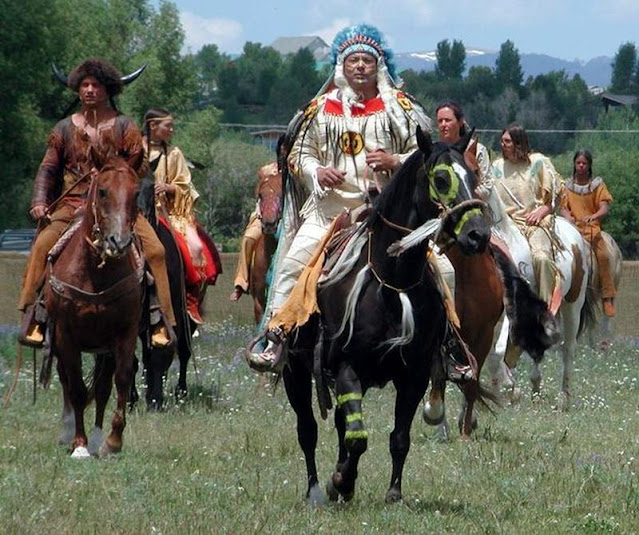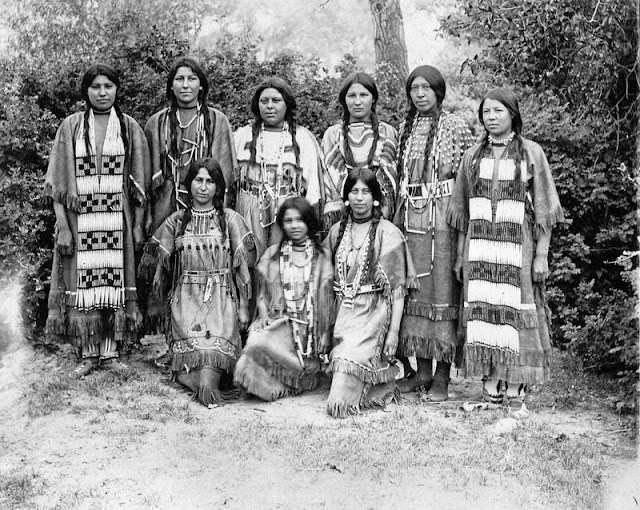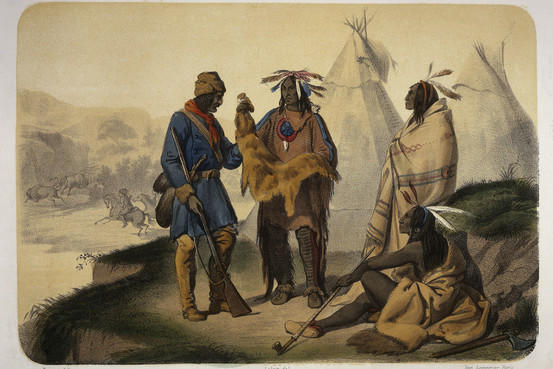Sacagawea: Facts You Didn't Know

Sacagawea, the Native American woman who helped Lewis and Clark on their expedition through the Northwest, is a larger-than-life figure in American history. Unfortunately, much information about her life has been lost over time, but what we do know tells us that Sacagawea was an important and influential woman. Let's look at the extraordinary life of Sacagawea.

A changing world
In the late 1780s, Sacagawea was born to a Shoshone chief and his wife. The Shoshone people lived in what is now Idaho, Utah, and Nevada, along with the Sacagawea tribe along the Salmon River in Lehamy County, Idaho. In 1800, when she was just a young teenager, Sacagawea was captured by members of the Hidatsa Indian tribe, enemies of the Shoshon. The Hidatsa people traded with European trappers and settlers in the region, thus getting their hands on the guns they used to establish dominance over the Shoshone. It is not clear how long the Hidtsa people kept sakagwe before selling him, but this was long enough for him to become fluent in the Hidtsa language, a skill that would serve him well later.

Meaning of his name
His native Shoshone people and the Hidatsa people claim to have given Sakagwe their name. In the Shoshone language, "Sacajwea" or "Sakakawea" translates to "boat pusher". In the Hidtsa tongue, "sakaga" means "bird" and "wei" means "woman", so she was called "bird lady".

Sold to a french trapper
Shortly after its capture by the Hidtsa people, probably in 1803 or 1804, Sacagawea was sold to a French-Canadian fur trapper named Toussaint Charbonneau. Although these were not the most auspicious beginnings for the marriage, Charbonneau adopted the Hidatsa practice of polygamy and made Sacagawea his second wife.

A valuable communication chain
Through his extensive interactions with the Hidtsa people, Charbonneau became fluent in his own language in addition to his native French. Since the Sacagawea spoke Hidatsa and Shoshone, they together facilitated communication between French-speaking European and the two Native American tribes. This unusual ability, combined with being in the right place at the right time, earned him a valuable place in the expeditions of Meriweather Lewis and William Clark.

No comments: